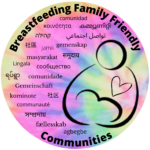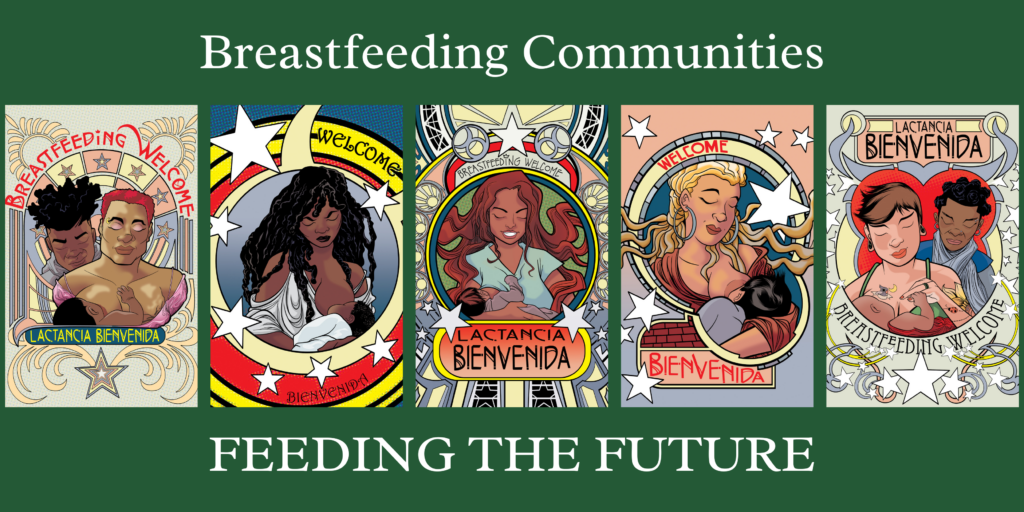Following our March roundtable discussion, I’ve been deeply engrossed in our shared and individual journeys towards creating more breastfeeding-friendly communities across the United States. A particular concern raised by one of our local BFFCs has lingered in my mind, prompting me to reach out. Thank you to everyone who was able to join us, for sharing so openly, and for listening so intently.
Reflecting on the early days of Breastfeed Durham, I recall the fervor with which we championed the cause, propelled by the stark disparities affecting Black babies and mothers. The mantra “Breastfeeding saves lives” was not just a rallying cry but a stark reminder of the stakes at hand. Despite the frustration of confronting systemic indifference, our mission was clear.
The rapid systemic adaptations witnessed during the COVID-19 pandemic have been a double-edged sword. While showcasing the potential for swift action, these changes have often disproportionately disadvantaged historically marginalized communities. This realization has reinforced my belief in the necessity of thoughtful, rather than merely rapid, change.
In the pursuit of this goal, Breastfeed Durham’s journey has been instructive. Our initial rapid strategies, though well-intentioned, occasionally alienated vital allies within the prenatal health community. It’s hard to promote breastfeeding when it was simply not normalized within ones own friend or client networks. Six years ago, Durham was not ready for some of BFFC’s big ideas. Over time, we learned that gradual, inclusive change—earnestly building trust and understanding—yielded stronger, more sustainable relationships and outcomes.
This approach has underscored the importance of consumer advocacy. Our local hospitals and health departments began to take notice when affinity groups assertively voiced their breastfeeding desires as a group. From groups of just two people, recipe germs affinity groups have grown into powerful coalitions, led by indomitable figures like Bernadette and supported by the diverse of the Breastfeed Durham members and advocates (white allies included).
The progress we’ve made is a testament to the power of coordinating and amplifying the voices of the historically marginalized. By providing platforms for these voices to be heard by health leadership, we’ve fostered a more inclusive and responsive healthcare environment.
Yet, as we navigate the “10 Steps” to becoming more breastfeeding-friendly, the path can feel overwhelming, with progress often seeming elusive. It’s only upon looking back that the distance we’ve traveled becomes apparent. This journey, much like nurturing a child, is filled with challenges, growth, and unexpected joys.
Breastfeed Durham, now approaching its sixth year, has matured from a fledgling initiative into a burgeoning force for community health. Like a child gaining independence, our movement still requires guidance (like stern conversations with our hospital and our health department), but the movement is increasingly capable of impactful, autonomous action (like hospitals and health departments doing awesome lactation advocacy without Breastfeed Durham having to help them). This evolution fills me with hope for the future—not just for our initiative but for the broader movement towards breastfeeding-friendly communities.
In sharing these reflections, I invite you to consider your community’s readiness for each of the “10 Steps” and to embrace the slow but steady path to meaningful change. Together, let us continue to build and nurture these initiatives, drawing inspiration from our collective experiences and the transformative power of patient, inclusive advocacy.
Your insights, challenges, and successes enrich our collective understanding and strengthen our resolve. Here’s to more breakthroughs, more growth, and a future where every community is truly breastfeeding-friendly.
Sending you all the love and support that I can pour in through this digital text.

